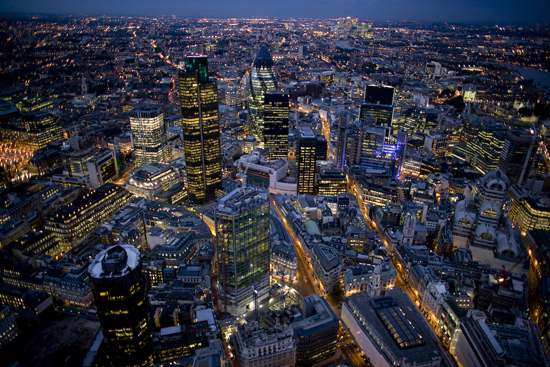
A new and horrifying beast stalks our land. Young people everywhere are falling victim to the monster's ceaseless hunger for human minds. I speak, of course, of the rise and rise of the (mis)use of the term "literally".
Regular readers, both of them, will know me as something of a pedantic fascist (or, more accurately, a fascistic pedant). To this charge I can only plead guilty, but I still think this is a uniquely grave situation. Don't make this about me.
Thing is, poor English has been around for ever, but this is new. A ridiculous number of the people with whom I associate (and can't just kill - some of them are actually quite nice) use literally to mean virtually/almost/very much. I've even, gulp, done it myself. People these days do seem to exaggerate ("it was the biggest glass of wine I have ever seen") and literally seems have become the exaggerator's weapon of choice ("it was literally the biggest glass of wine I have ever seen"). For all of them. All the time. Not to exaggerate.
The worst offences I've ever seen (literally) are the following (from football - an incomparable source of stupidity):
- "He's literally on fire at the moment" - Jamie Redknapp, discussing Robin Van Persie's good form
And, most awesomely of all:
- "The defender is literally, literally right up his backside" - Andy Townsend, discussing some close marking. He said it twice!
None of my associates have quite reached these heights/depths yet, but it doesn't matter - I am jarred by the word's misuse about 15 times a day. I'm (not literally) going round the bend.
*Update* - While hunting for the above graphic I stumbled upon this article, which (literally?) blows my argument out of the water.










